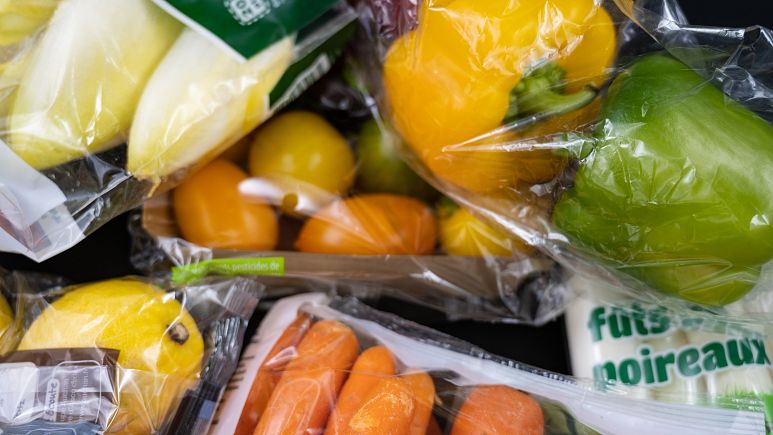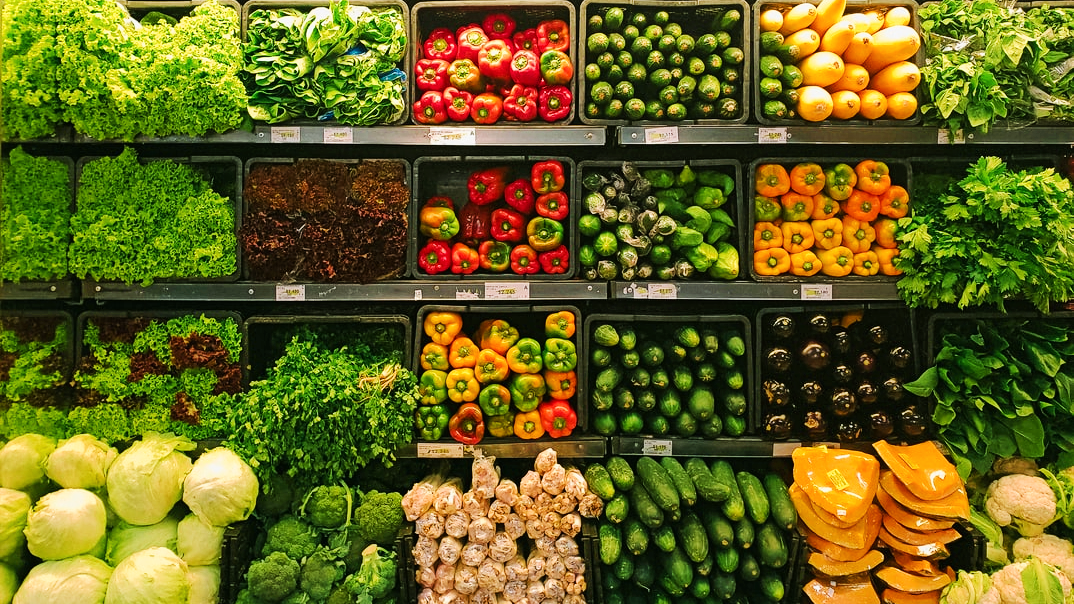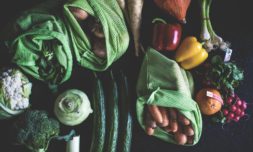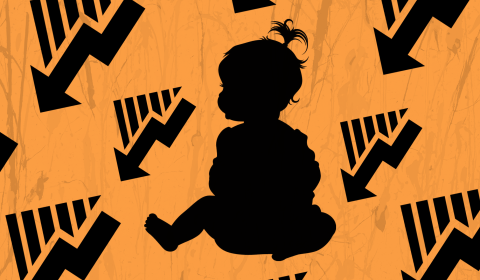Part of its anti-waste law aimed at creating a circular economy with single-use plastic phased out by 2040, the government will enforce the measure at the start of next year.
Given the current state of our planet, it’s somewhat surprising that browsing the aisles of most local grocery stores will still present you with an array of neatly packaged produce that, more often than not, simply doesn’t need it.
While examples of this don’t tend to be quite as baffling as when Morrisons was selling single bananas in un-recyclable polyester casings, supermarkets in the UK alone continue to generate around 800,000 tonnes of plastic waste annually.
That’s despite a recent increase in the charge for carrier bags intended to encourage customers to bring their own – an initiative that’s successfully reduced the average amount used per household to four from 140 since its implementation in 2015.

One thing is clear. To stop our consumption habits wreaking even more havoc on the Earth than they already have, we need to start aiming higher.
Fortunately, the French government – which banned plastic straws, cups, cutlery, and Styrofoam takeaway boxes in early 2021 – is doing just that.
Part of its anti-waste law targeted towards creating a circular economy with single-use plastic a distant memory by 2040, it’s set to ban plastic packaging for almost all fruit and veg as of January 2022. When this takes effect, it’s expected the measure will prevent over one billion uselessly packaged items from hitting the shelves every year.






















